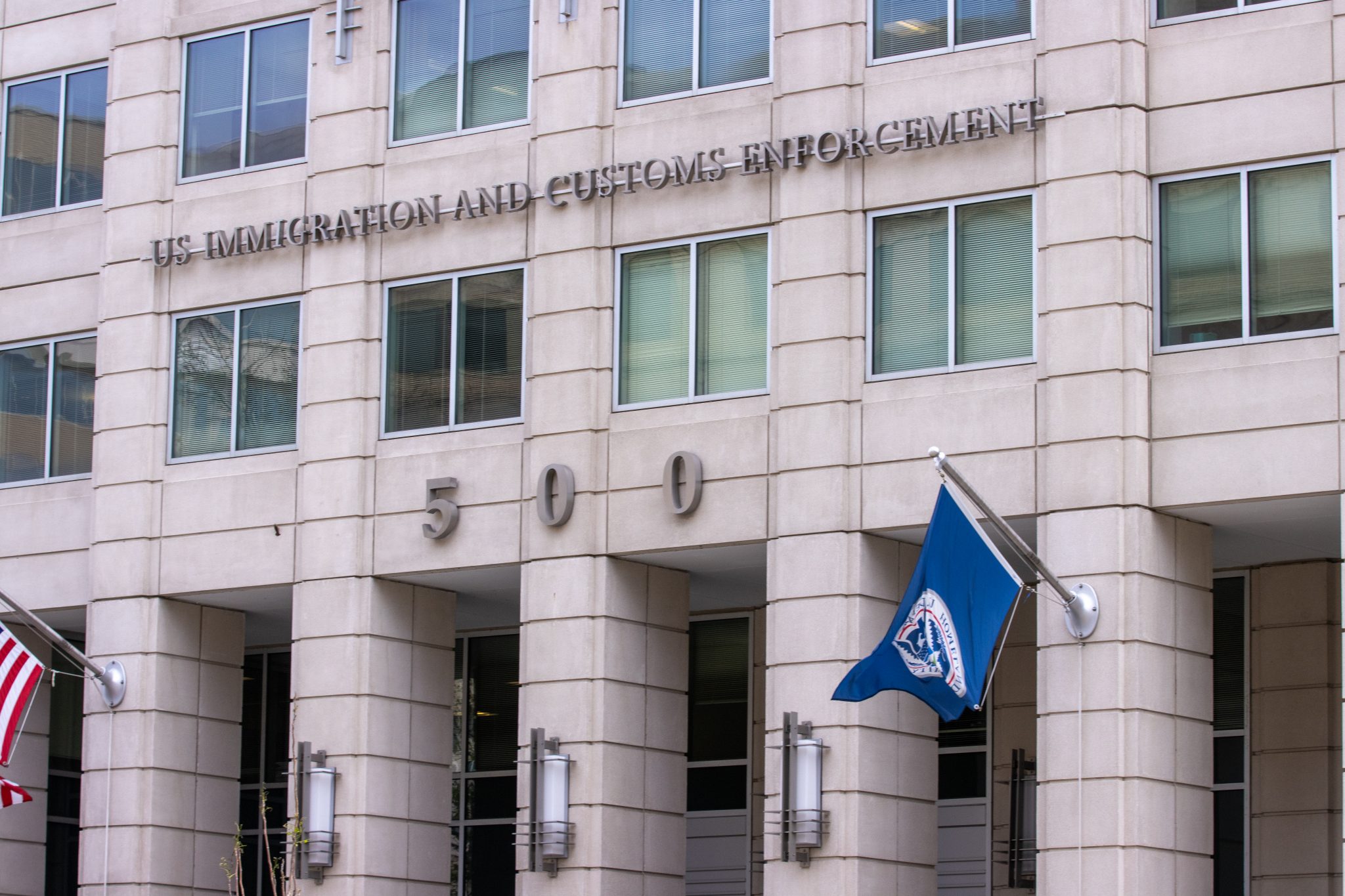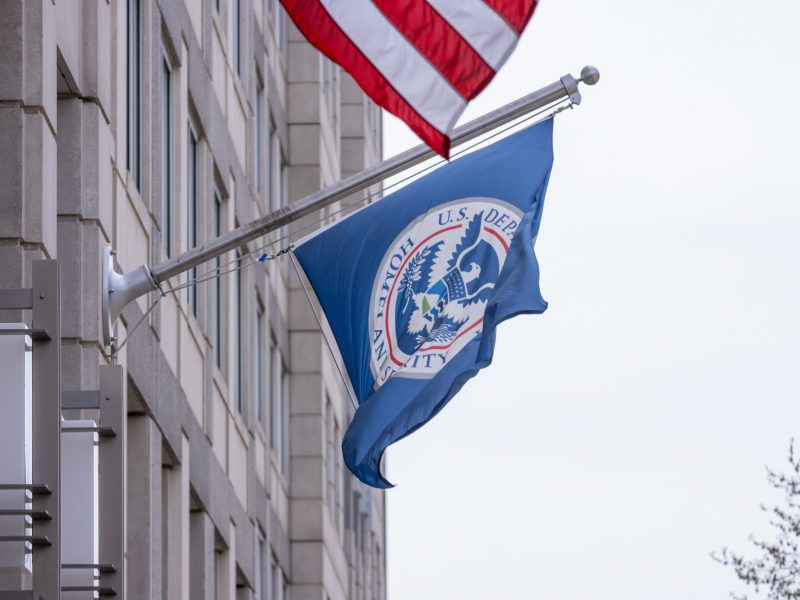Kilmar Armando Abrego Garcia, the Maryland man who was wrongly deported to El Salvador, has returned to the U.S. to face human smuggling charges, U.S. Attorney General Pam Bondi announced Friday.
Abrego Garcia’s return to the U.S. comes more than two months after his deportation sparked national controversy and condemnation from Democratic politicians and immigration advocates after the Trump administration admitted it deported him due to an “administrative error.”
During a press conference Friday, Bondi said that on May 21 a federal grand jury from the Middle District of Tennessee delivered a sealed indictment charging Abrego Garcia with alien smuggling and conspiracy to commit alien smuggling.
The indictment alleges that from about 2016 through 2025, Abrego Garcia and others not named in the indictment transported undocumented migrants to the U.S. from countries including El Salvador, Honduras and Ecuador for financial gain.
The charges stem from a 2022 traffic stop when Tennessee Highway Patrol officers stopped Abrego Garcia for speeding and noticed eight other passengers inside the vehicle whom Abrego Garcia said he was driving from Texas to Maryland for construction work, according to a report the Department of Homeland Security released in April.
[Trump administration lists 18 Maryland cities, counties as sanctuary jurisdictions]
During the stop, officers voiced their suspicions of human trafficking as the passengers had no luggage and all listed the same home address, but left Abrego Garcia with a warning citation for driving with an expired driver’s license, according to the report.
Abrego Garcia’s lawyer Simon Sandoval-Moshenberg said the charges are “baseless,” and that no jury will see the evidence and agree that he’s “the leader of an international MS-13 smuggling conspiracy,” the Associated Press reported Friday.
After presenting the government of El Salvador with an arrest warrant for Abrego Garcia, Bondi said El Salvadoran President Nayib Bukele agreed to release him to U.S. custody.
Bondi said Abrego Garcia, who returned to the U.S. on Friday, will be prosecuted in the U.S. If convicted, Bondi said the government expects Abrego Garcia will be returned to El Salvador upon the conclusion of his sentence.
“This is what American justice looks like,” Bondi said.
In 2019, Abrego Garcia was arrested by Prince George’s County Police and later turned over to ICE custody. After a confidential informant alleged that Abrego Garcia was a member of the international gang MS-13’s New York chapter, the Department of Homeland Security began deportation proceedings against him, according to the Associated Press.
But Abrego Garcia never lived in New York, the news agency reported.
[U.S. Sen. Chris Van Hollen introduces legislation to force Trump to obey court orders]
An immigration judge protected Abrego Garcia from deportation to El Salvador later that year because he faced a “clear probability of persecution” if returned to the country, according to court documents.
But in March, Immigration and Customs Enforcement agents detained Abrego Garcia without an arrest warrant and began deportation proceedings against him despite the order protecting him from removal to El Salvador, according to court documents.
U.S. District Judge Paula Xinis ordered the Trump administration in April to facilitate Abrego Garcia’s return to the U.S. In a memo attached to a ruling, she wrote Abrego Garcia’s deportation came “without notice, legal justification, or due process.”
The U.S. Supreme Court affirmed her ruling on April 10 that the federal government must facilitate Abrego Garcia’s return to the U.S.
In a statement after the announcement Friday, U.S. Sen. Chris Van Hollen (D-M.d.) wrote that the Trump administration appears to have “finally relented” to demands for it to comply with court orders and due process rights.
“As I have repeatedly said, this is not about the man, it’s about his constitutional rights – and the rights of all,” Van Hollen, who travelled to El Salvador to meet with Abrego Garcia in April, wrote. “The Administration will now have to make its case in the court of law, as it should have all along.”



